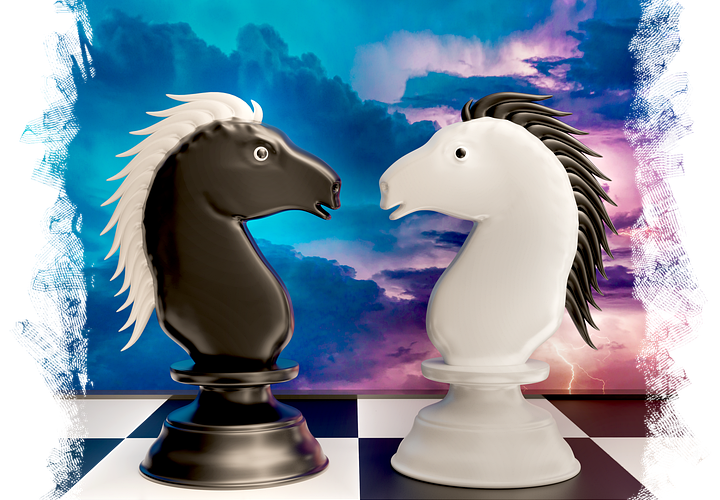Chess endgame principles are essential to master for any serious chess player. These principles guide players on how to approach the endgame and help them make better decisions. Here are some key endgame principles to remember:
- King Safety: In the endgame, the king becomes more vulnerable as there are fewer pieces on the board. It is important to keep the king safe and out of harm’s way.
- Pawn Structure: Pawns become more valuable in the endgame as they can often determine the outcome of the game. It is important to have a solid pawn structure and to push passed pawns towards promotion.
- Piece Activity: Pieces become more valuable in the endgame as there are fewer of them on the board. It is important to activate pieces and use them effectively.
- Opposition: In king and pawn endgames, opposition is a critical concept to understand. The player who has opposition can often gain a decisive advantage.
- Zugzwang: This is a situation in which a player is forced to make a move that weakens their position. In the endgame, zugzwang can often determine the outcome of the game.
- Calculation: Endgames often require precise calculation and accurate analysis. It is important to calculate variations and consider all possible outcomes.
Remembering these principles will help you make better decisions in the endgame and improve your chances of winning. Practice and study these principles regularly, and you’ll be on your way to mastering the endgame in no time.

